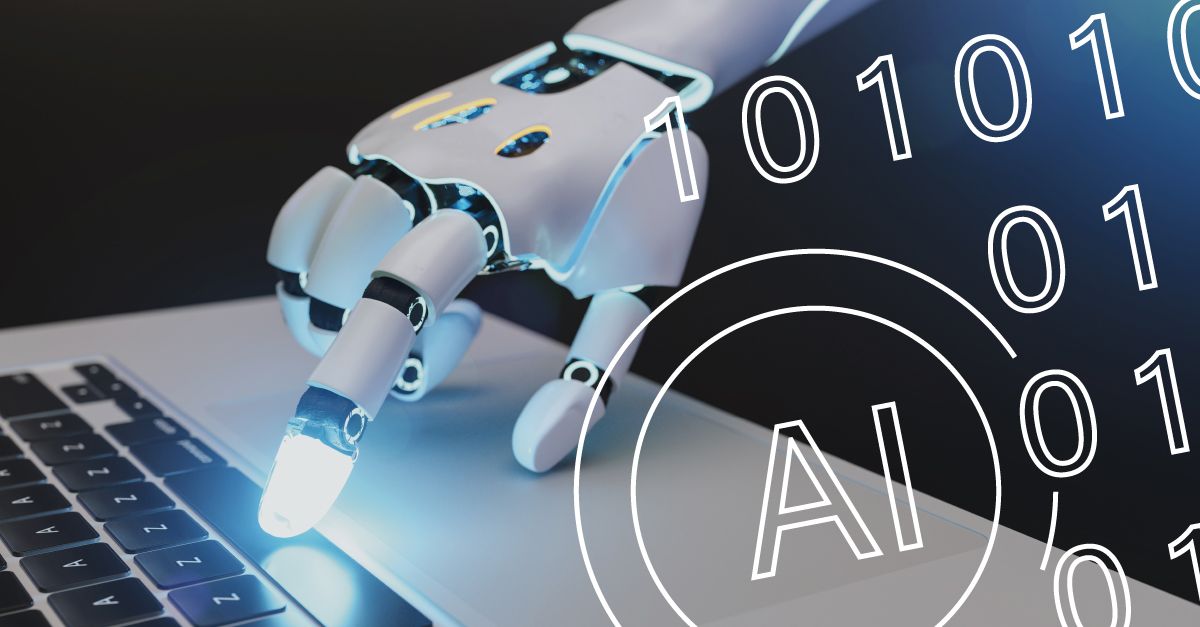
Artificial intelligence occupies a weird place in modern culture. Simultaneously the harbinger of doom and a technological savior, some are worried it will kill every creative industry while others are happy at how easily it accomplishes menial tasks. AI is unlikely to go away anytime soon, so the best thing for advertisers to do is understand its potential for both good and bad, while looking at industry trends to see where this is all going. Let’s take a look:
How are some companies using AI wrong?
Quickly Replacing Human Jobs with Robots
Many jobs become obsolete with the passage of time, but there is a danger of pushing that evolution too quickly. It might be easier than hiring, training, and maintaining an employee, but using an AI to take over a human job is a risky play that will always come with complications, especially in the customer service department.


Using a chatbot instead of a human invariably makes the client experience worse; interactions with a bot generally feel fake and lacking in nuance. Many companies – including Google and HubSpot – are transitioning to a fully automated customer service, and have been facing a lot of criticism over declining service quality.
Generating AI Content From Scratch
We say “from scratch”, but when you ask an AI to generate written or visual content, the best it can do is clump ideas it gathered from across the internet, with often incohesive or unintentionally humorous results. AI will generally get tone, history, and image realism wrong, and the uncanny valley effect makes it feel “off” in a way that most people can detect. AI can sometimes impress with what it decides to smash together, but much like a good programmatic campaign, it still requires a human being to decide whether it’s good or not for consistent results.


There’s no better example of this going wrong than the infamous “Sonic” post from the Google Store: a nonsensical thread of inaccurate information, strange uses of memes, and cringeworthy use of modern slang. It was a post so clearly thrown together through AI that we’d normally say “it wasn’t even funny”, but the Google Store page became a laughing stock all the same.
How is AI Currently Used Well in Marketing?
Quick Designs Based on What Works
AI is good at iteration; if you notice that a certain ad type or design is converting significantly better than others, then generative AI can be used to create a myriad of variations on a theme. Note that this requires original work to riff on, as well as the oversight to know which types of ads are working best. One example of this is AI powered creative optimization through Genius Monkey. The Genius Monkey platform uses AI data to determine what is working best on creatives and helps to optimize colors, CTAs, and so forth in future iterations. AI works best when used as a tool, not a replacement for real people; done correctly, it can speed up production without sacrificing quality or employees.
Optimized Placements for Programmatic Advertisements
Programmatic ads are built on consumer data; you have to know where your target audience is if you want to bring your ads to them. Sorting through that consumer data is an utterly gigantic task, one that would be impossible to tackle manually.


AI allows platforms like Genius Monkey to recognize patterns in that data, allowing the team to optimize spending and placements for users. Jeremy Hudgens, CRO of Genius Monkey, summed up the process: “AI allows us to be exponentially more efficient by finding the best value in the marketplace amongst the network exchanges and DSPs we tap into.”
With Human Oversight, ALWAYS
Without a real person looking over its shoulder, AI tends to run a little wild. Hudgens explains: “Everything must be looked at in context, and it’s very easy for AI to miss that context. That’s why we have entire teams with eyes on the data to make sure performance is moving in the right direction for every single user on our platform.”
It might be cheaper to let AI automate everything in the programmatic advertising process – a route that unfortunately a lot of programmatic vendors have moved to – but doing so sacrifices quality and sustainability. Human oversight has been a pillar of Genius Monkey from the beginning, and will continue to provide users the best, most consistent programmatic service on the market.
The Future of AI in Adtech
New Advertising Channels
As AI gets better at processing data and customer affinities, we will start to see targeted ads in places we have never seen before. We could see a future where targeted ads are programmatically bought and placed on highway billboards and other DOOHA locations, straight out of a science fiction movie.
The same is true of video games; advertising in-game has long been the domain of mobile games, with PC and console game advertising remaining largely untouched. With approximately 3.32 billion gamers around the world, we can expect that improved AI will eventually allow ads to be targeted, generated, and rendered in real-time in some of the world’s biggest games. Rudimentary programmatic ads are already starting to show up on gaming platforms like Roblox.


More Opportunities for the Little Guys
The promise of efficiency that AI offers may spark a dollar sign in the eyes of corporate higher-ups, but it also signals a chance for smaller companies to punch well above current expectations. A relatively small team can offer great services to rival larger companies, leveraging AI to create diverse ads to be placed programmatically around the world. As AI continues to improve, we expect to see many more smaller AdTech companies emerge, all benefitting from some form of AI system to do the heavy lifting.
Technology is Great; Human Oversight is Essential
AI is being positioned as a productivity tool – for better and for worse – and therefore we can expect it to stay around as a hot topic for some time. We may laugh, groan, and roll our eyes as the business world attempts to implement it at every possible level, lending ever more credence to human ingenuity and oversight.
Balance will always be essential when implementing new tech, and you can already find the cutting edge at Genius Monkey. We leverage AI to take your marketing to the next level, while also providing access to an expert team who will work with you and your programmatic advertising needs. Come talk to us and see what the future looks like today!




